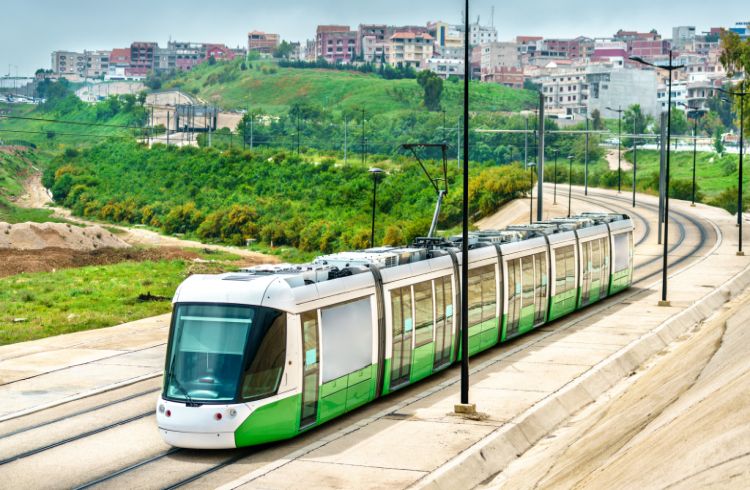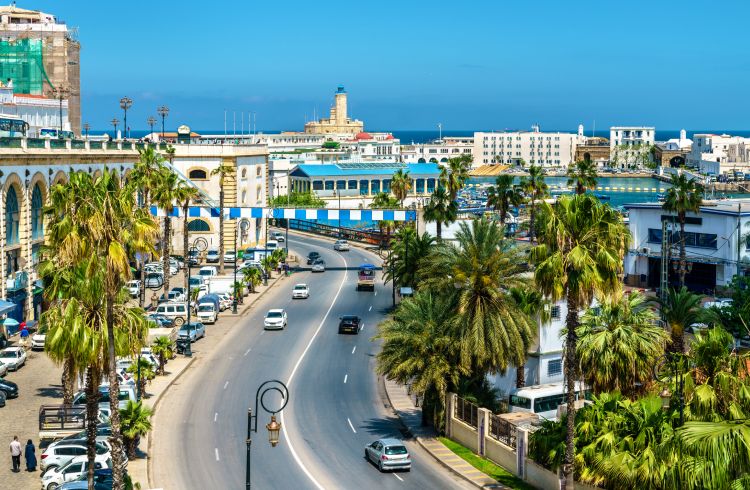Is Algeria Safe? Essential Travel Tips for Visitors
Algeria is a large country so traveling between places can take some time. Public transport options for travelers can be limited and self-driving can be a bit tricky.
 Photo © GettyImages/Leonid Andronov
Photo © GettyImages/Leonid Andronov
We know the content for Algeria is out of date, but have no fear! We are currently refreshing all of our travel safety content so please check back soon for a newer version.
In 2009, the Algerian Ministry of Transport considered measures to replace the old and dangerous buses on the roads. It's part of the government's efforts to reduce road accidents.
The ministry developed criteria for the forcible retirement of vehicles aged 30 years and over. The prevalence of old vehicles has contributed to the high level of deaths on Algeria's roads.
According to official estimates, about 60% of all cars in Algeria are more than 10 years old. The plan is also as part of the Algerian government's efforts to remove polluting cars from roads and reduce pollution levels.
Driving around
Hitting the roads of Algeria is never an easy prospect - there are many aspects travelers need to be aware of. Drivers will encounter police and military checkpoints on major roads within and on the periphery of Algiers and other major cities. Security personnel at these checkpoints expect full cooperation.
Motorists should be aware that terrorists employ false roadblocks as a tactic for ambushes and kidnappings, primarily in the central regions of Boumerdes and Tizi Ouzou and some parts of eastern Algeria.
Bandits are also known to pull people over acting as police officers. Roadblocks and encounters with officials is common throughout Africa, so don't be too worried. Just have your details ready and answer the questions that are asked of you.
Algeria is well known for its dramatic desert landscapes and for many travelers the allure to get away and see the sandy paradise may be quite a draw card.
But it's not as easy as you might think. Driving alone in the desert has been made illegal after kidnappings in 2003, and a number of checkpoints exist in the desert in order to ensure people only travel in groups.
Expeditions into the Sahara pose a whole host of other problems, from fuel shortages to sandstorms and bandits. Make sure you are adequately briefed and prepared well before departure.
Borders and hotspots
Avoid all travel outside the towns of Tamanrasset, Djanet and Bourdj Bou Arreridj without a local guide.
Tourists in the area should confirm their travel arrangements before arrival in Algeria, using a reputable guide with good local knowledge.
Exercise caution when traveling to the border areas with Mali, Niger, Mauritania, Libya and Tunisia.
Border crossings, especially in the south, have become increasingly dangerous due to terror groups, so it is advised not to do it unless necessary.
Air travel
If you do want to see the different sights around Algeria, take to the skies.
The best way to get around is to travel by air or with a group, although airfares are quite expensive.
Air travel is relatively safe despite some bad press in the past, when a group of unarmed men tried to hijack a domestic flight in January 2003.
Related articles
Simple and flexible travel insurance
You can buy at home or while traveling, and claim online from anywhere in the world. With 150+ adventure activities covered and 24/7 emergency assistance.
Get a quote
No Comments